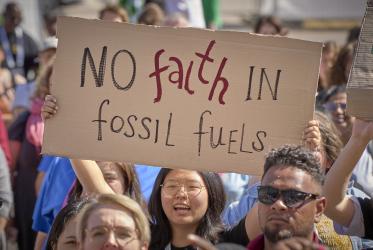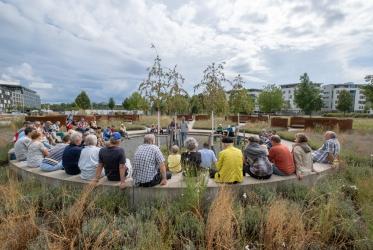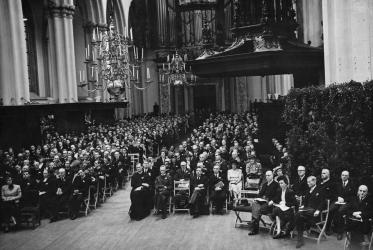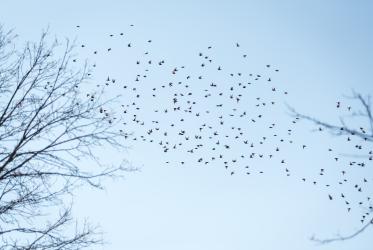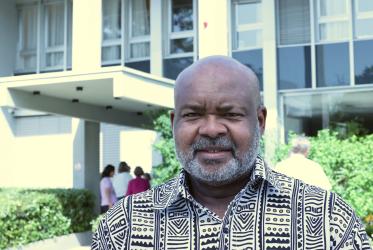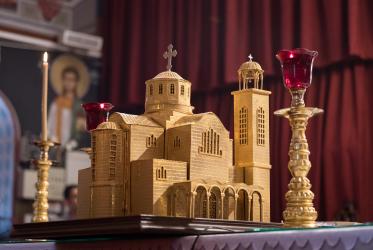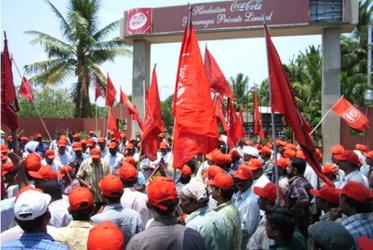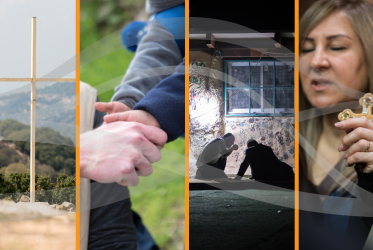Displaying 81 - 100 of 1014
Workshop explores how interreligious dialogue brings trust and respect
15 September 2022
The earth is the LORD's… and the Lord is claiming it back
07 September 2022
Uppsala 1968: The times, they were a’changing
06 September 2022
Bridging gaps and bringing people to the table
23 June 2022
Groundwater is “a political question”
27 April 2022
